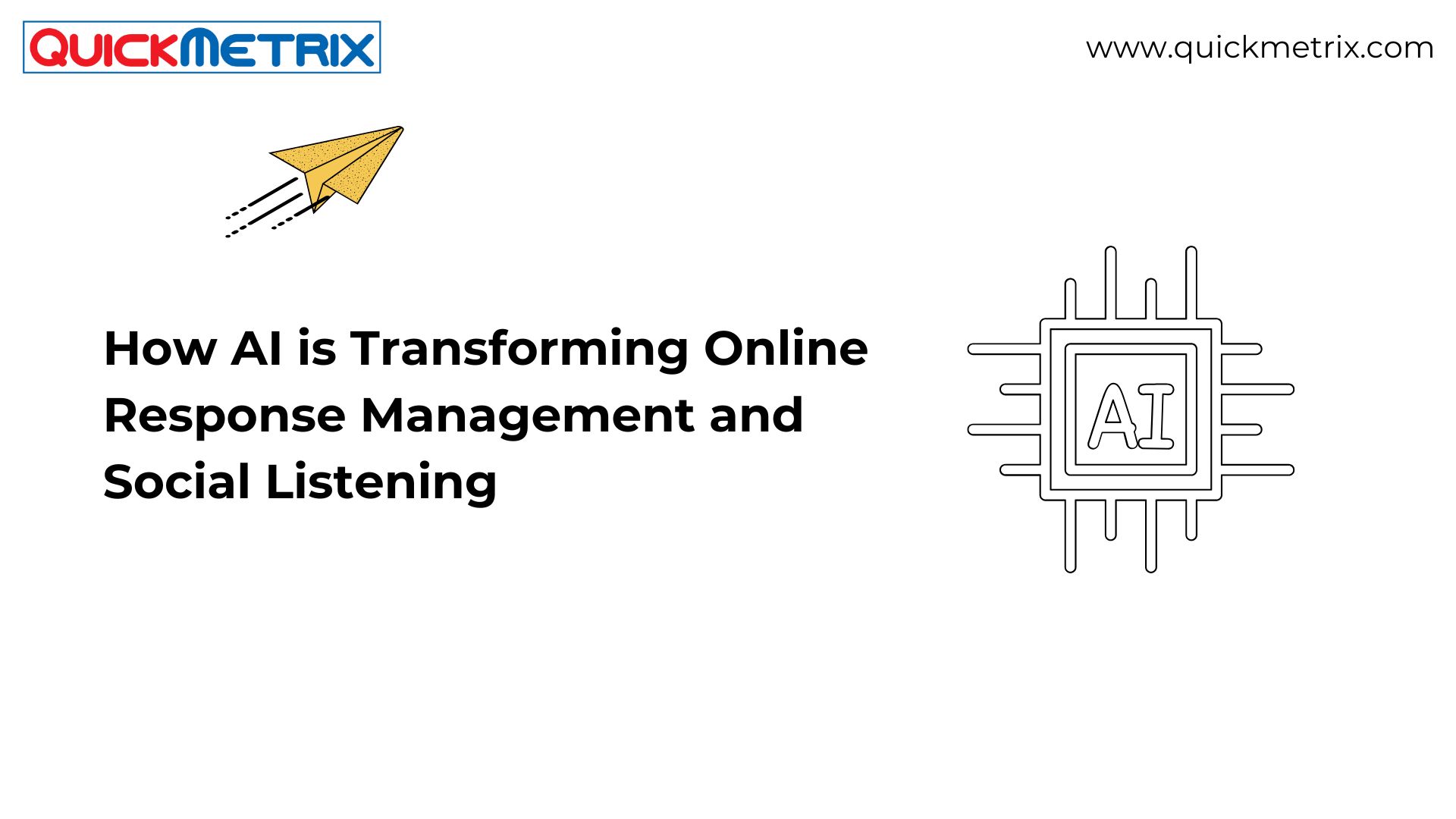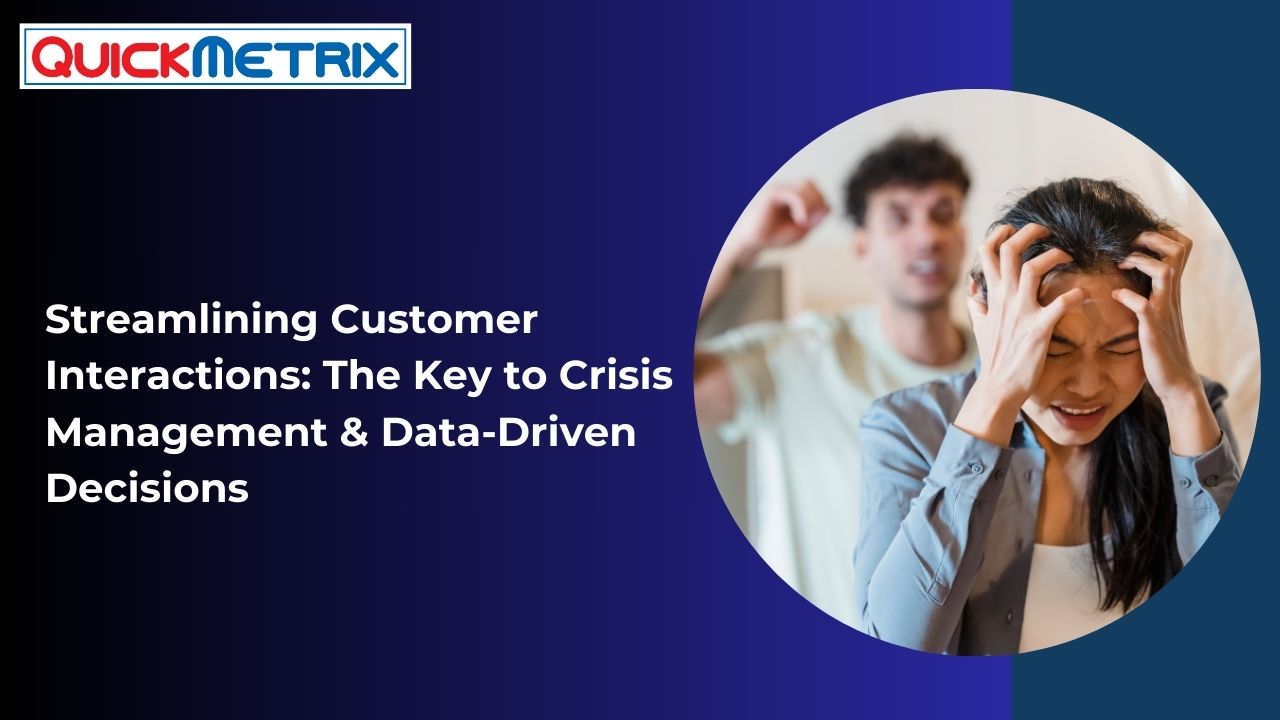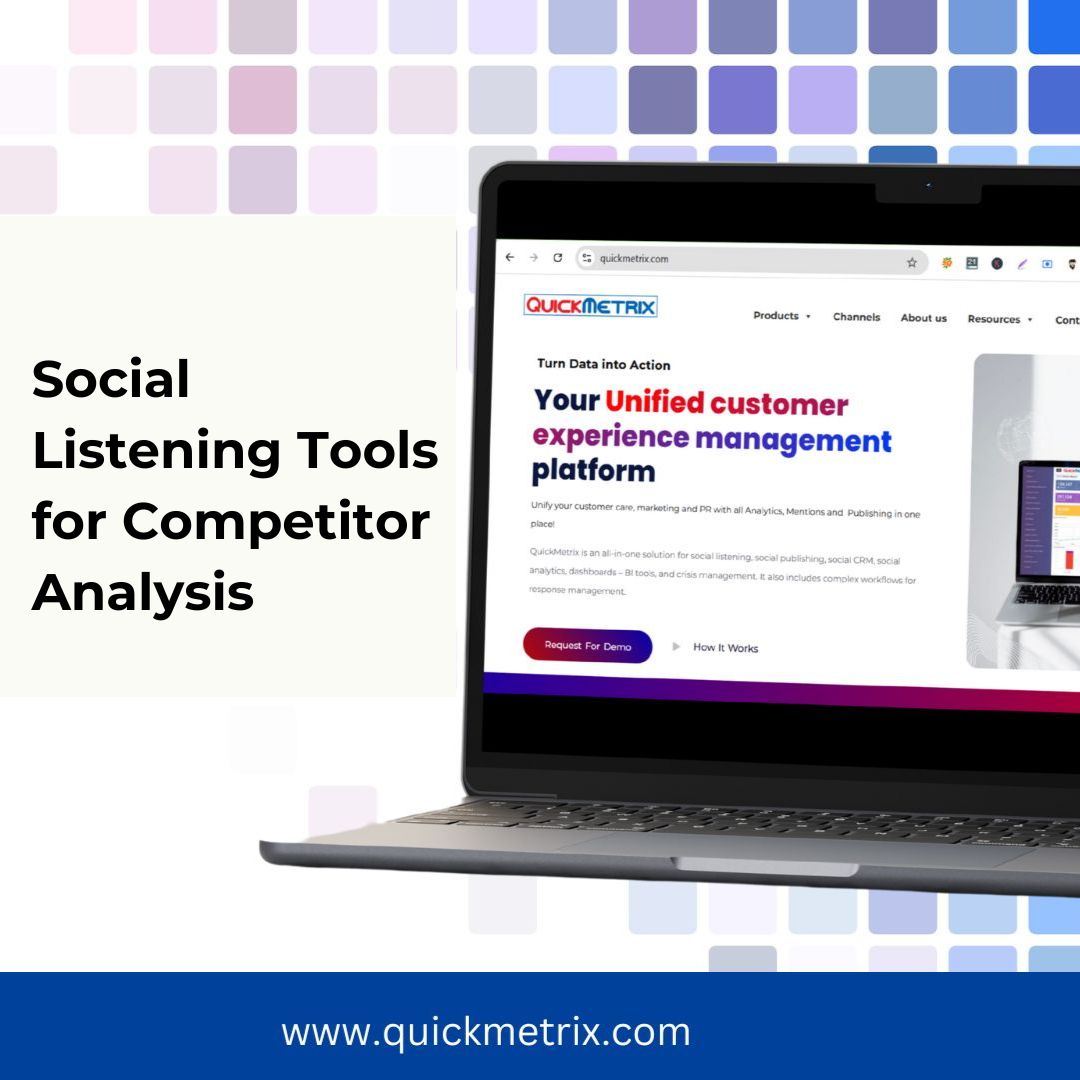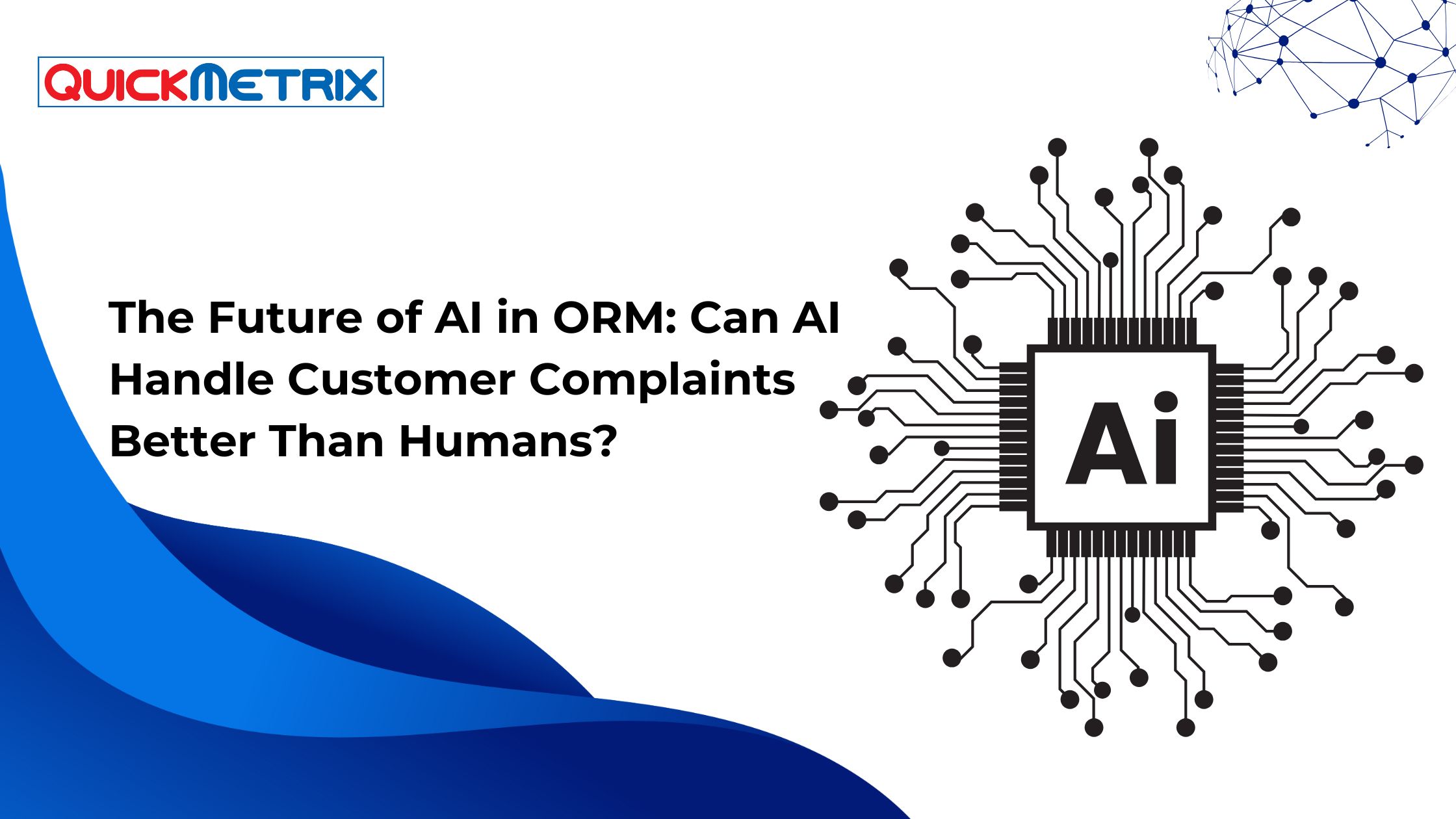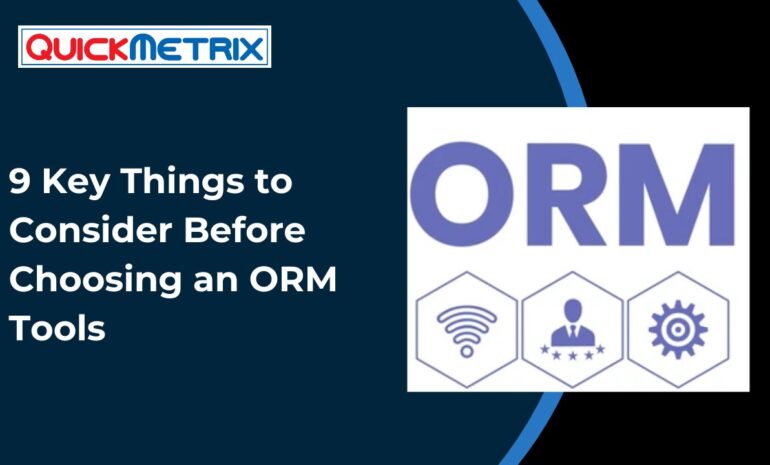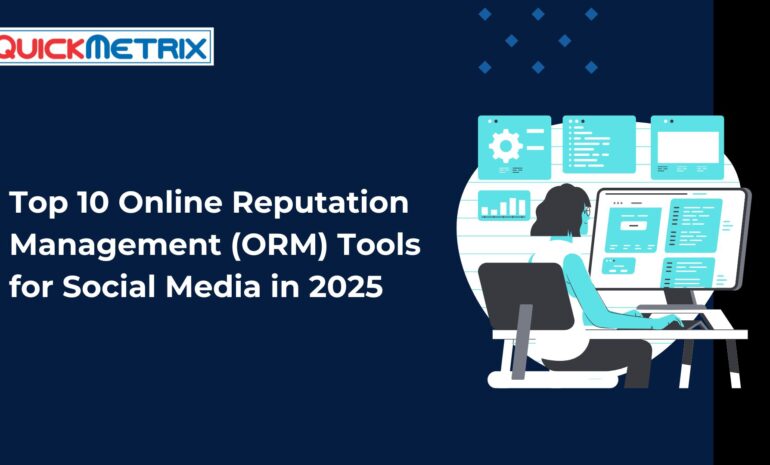- Introduction to Online Response Management
- Definition and Importance
Online response management refers to how businesses interact with customers in the digital space, focusing on timely and effective communication. This includes responding to inquiries, resolving issues, and generally keeping the conversation going with customers on various online platforms.
Timely communication is vital in today’s fast-paced world; customers expect quick responses, and any delay can negatively impact their perception of a brand. Good online response management strengthens customer relationships and enhances brand reputation, making it an essential aspect of modern business.
- The Evolution of Customer Interactions
In the past, businesses relied heavily on traditional methods for collecting customer feedback, such as phone surveys, mail-in feedback forms, or even face-to-face interactions. However, the rise of digital platforms and social networks has transformed this landscape dramatically. Customers can now voice their opinions in real-time, raising expectations for businesses to respond just as quickly.
The shift to online communication has taught consumers to expect fast and effective interactions, pushing businesses to adapt their strategies to keep pace with digital advancements.
- Introducing AI in Response Management
Artificial intelligence (AI) technologies have emerged as powerful tools for response management. Early implementations of AI, such as chatbots and automated response systems, have given businesses a way to streamline communication processes. The primary goal is to automate routine inquiries, allowing human staff to focus on more complex issues while ensuring that no customer feels ignored.
- The Role of AI in Social Listening
- Understanding Social Listening
Social listening involves monitoring digital conversations to understand what customers are saying about a brand or industry. The significance of social listening lies in its ability to provide valuable insights into customer opinions, trends, and even potential crises before they escalate.
Key objectives for businesses include gathering customer feedback, benchmarking against competitors, and understanding market sentiment. Effective social listening strategies encompass tracking brand mentions, analyzing customer feedback, and identifying themes that resonate with target audiences.
- AI-Driven Tools for Social Listening
Many AI tools on the market specialize in social listening, such as Hootsuite Insights and Brandwatch. These tools offer functionalities that allow businesses to analyze large volumes of data quickly, helping identify trends, customer sentiments, and emerging topics that are relevant to their brand.
A comparative analysis shows that while some tools focus more on real-time monitoring, others excel in depth of analysis and reporting, helping businesses make informed decisions based on customer perspectives.
- The Process of AI-Enhanced Social Listening
The process usually starts with data collection, where AI tools track mentions across multiple social media platforms and forums. Then, sentiment analysis and theme detection come into play: AI algorithms categorize the emotions behind customer comments—are they positive, negative, or neutral?
The invaluable insights obtained are then converted into actionable strategies, guiding businesses on how to mitigate negative feedback or amplify positive interactions.
III. Enhancing Online Response Management with AI
- Automation of Customer Responses
Automated systems, like chatbots, provide several benefits, including improved response times and consistent communication. However, drawbacks exist too; automation can sometimes feel less personal and may frustrate customers seeking genuine human interaction.
Understanding the similarities and differences between human and AI responses is crucial. Chatbots can quickly provide information, but they might struggle with nuanced human emotions or complex issues.
- Personalization in Communication
Personalized responses are vital for creating meaningful customer interactions. AI technology analyzes customer data, such as past interactions, preferences, and buying habits, to tailor communications effectively.
For instance, a customer who frequently purchases eco-friendly products can be offered special deals on similar items, thereby enhancing their shopping experience and making them feel valued.
- Measuring the Impact of AI on Response Times
A comparison of response times before and after AI implementation often reveals dramatic improvements. Businesses that adopt AI tools see notable increases in customer satisfaction, especially since customers appreciate faster service.
However, it’s essential to maintain quality while enhancing speed—balancing quick responses with accurate and thoughtful replies poses one of the inevitable challenges in response management.
- Ethical Considerations in AI Utilization
- Transparency and Trust
Being transparent about the use of AI in response management is crucial for building customer trust. Customers want to know when they are interacting with a machine versus a human, as this impacts their perception of the interaction.
Clear communication about how AI is used helps maintain customer confidence and adheres to regulatory guidelines for AI implementation.
- Data Privacy Concerns
With the rise of AI comes significant discussions about data privacy. Regulations like GDPR emphasize safeguarding customer data, and businesses must practice best measures to protect sensitive information.
Failure to protect customer data can lead to severe consequences, including loss of trust and reputational damage.
- Balancing Efficiency with Human Touch
While AI can handle a lot of interactions, the human element remains essential in customer service. There are instances—like dealing with complaints or offering empathy—where human intervention is irreplaceable.
Businesses should look for strategies to combine AI’s efficiency with a human touch, ensuring that customers feel heard and understood throughout their interactions.
- Future Trends in AI and Online Engagement
- Predictive Analytics and Customer Behavior
AI is paving the way for predictive analytics, which analyzes customer data and behaviors to forecast future needs. This forward-thinking approach enables businesses to respond proactively to customer demands, enhancing overall engagement.
Brands using predictive modeling often report improved customer retention rates and increased sales, as anticipating needs leads to better customer experiences.
- Integration of Emerging Technologies
AI is not operating in a vacuum; it gets integrated with emerging technologies like virtual reality (VR) and augmented reality (AR). These combinations can transform customer engagement, as brands explore new ways to connect with customers.
As customer expectations continue to evolve, businesses will need to adapt by integrating these technologies into their strategies.
- Continuous Learning and Adaptation
For AI systems to remain effective, ongoing updates and improvements are necessary. Building a feedback loop helps refine AI capabilities based on real-world interactions, ensuring businesses stay ahead of customer expectations.
Future-proofing response management strategies hinges on this continuous learning mindset.
- Conclusion
AI is reshaping online response management and social listening, making customer interactions more efficient and meaningful. While embracing technology is important, striking a balance with human interaction ensures that customers feel valued and understood.
Businesses willing to adopt AI thoughtfully are likely to see enhanced customer engagement and satisfaction, paving the way for an exciting future.
VII. Frequently Asked Questions (FAQs)
- What is online response management?
Online response management refers to how businesses communicate with customers digitally, focusing on quick and effective interactions to build relationships.
- How does AI improve social listening?
AI enhances social listening by quickly analyzing large data sets, identifying sentiments, and extracting actionable insights that guide business strategies.
- Are there any risks associated with using AI in communication?
Yes, risks include potential miscommunication, data privacy concerns, and the challenge of maintaining a personal touch in automated interactions.
- How can companies measure the effectiveness of AI tools?
Companies can measure effectiveness through customer satisfaction surveys, response times, and analyzing business outcomes before and after AI implementation.
- What are some ethical considerations when using AI for customer engagement?
Ethical considerations include ensuring transparency about AI use, protecting customer data, and finding the right balance between automation and human touch.
Top Social Listening Tools in 2025: Why QuickMetrix Deserves Your Attention
In the world of digital marketing, conversations are currency. ...
Read More9-key-things-to-consider-before-choosing-an-best-orm-tool (Online response management tools)
IntroductionIn today's hyper-connected world, a single unresolved tweet or ...
Read MoreStreamlining Customer Interactions: The Key to Crisis Management and Data-Driven Decisions
Streamlining Customer Interactions: The Key to Crisis Management and ...
Read MoreCrisis Management: How ORM Tools Can Save Your Brand from PR Disasters
Understanding Crisis Management in the Digital AgeDefinition and Importance ...
Read MoreSocial Listening for Financial Services: How Banks & FinTechs Stay Ahead
Introduction to Social Listening in Financial Services Definition ...
Read MoreThe Journey of QuickMetrix: Insights from Surendra Baliga on Building a Successful SaaS Business
The entrepreneurial journey is often filled with challenges, learning ...
Read MoreMastering the Market: How to Use Social Listening Tools for Real-Time Competitor Analysis
1. Introduction to Social Listening Tools1.1 What is Social ...
Read MoreHow to Get the Most Out of Social Listening Tools and Why Businesses Invest in Them
How to Get the Most Out of Social Listening ...
Read MoreUnderstanding ORM Tools: A Comprehensive Guide to Managing Your Brand’s Online Reputation
In today's digital landscape, a brand's online reputation is ...
Read MoreThe Ultimate Guide to ORM Tools: Boost Your Brand’s Online Reputation
The Ultimate Guide to ORM Tools: Boost Your Brand’s ...
Read MoreTop 10 Online Reputation Management (ORM) Tools for Social Media in 2025
Top 10 Online Reputation Management (ORM) Tools for Social ...
Read MoreListening to the Noise: How to Monitor Conversations That Matter to Your Brand
Understanding the Importance of Monitoring Brand Conversations 1.1 The Role ...
Read MoreStreamlining Online Response Management for the Hotel Industry
1. Understanding Response ManagementOnline response management to how hotels ...
Read MoreThe Future of AI in ORM: Can AI Handle Customer Complaints Better Than Humans?
I. Introduction to Online Response Management (ORM)/ Online reputation ...
Read More